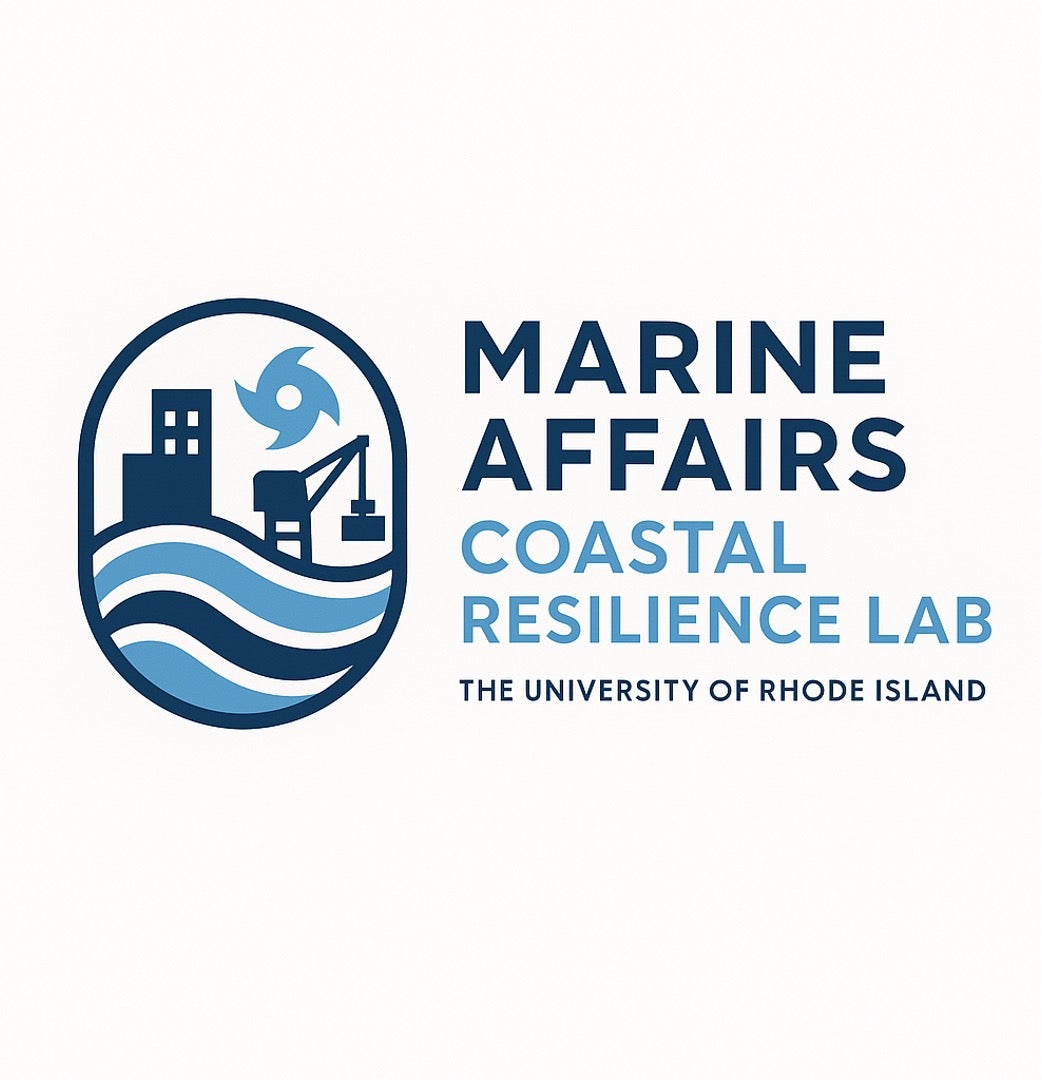This research investigates how the compounding pressures of gentrification, coastal hazards, and graying of the fleet are threatening the resilience of the commercial fishing industry. A case study in the Port of Galilee, RI will:
- Conduct an economic impact study to estimate the impact of the commercial fishing industry on the RI economy
- Use severe storm modeling to estimate replacement costs from infrastructure damage and economic losses from port disruptions
- Develop a vulnerability index to identify the factors contributing to the vulnerability of the commercial fishing industry
This work will provide a comprehensive understanding of the pressures facing the commercial fishing industry to facilitate resiliency planning. While specific to the Port of Galilee, other ports experiencing similar challenges could adopt this approach.
The port of Galilee in Narragansett is RI’s largest commercial fishing port that lands two-thirds of the state’s seafood. The port supports the larger coastal community with a network of businesses including seafood dealers, processors, support services, (e.g., fuel, ice, gear, and vessel maintenance), restaurants, retail shops, and Salty Brine Beach. Ferry services in the Port supply fuel, food, and passengers to and from Block Island year-round. Geographically, the Port is in a desirable location with easy access to Rhode Island Sound, and protection in the Harbor of Refuge for vessels during extreme storm events.
The competing uses in the Port increase pressure for land-use changes supporting other industries over commercial fishing. Gentrification could contribute to a contraction of shoreside infrastructure in the Port that the commercial fishing industry depends on land to process their catch, access support services, berth their vessesls.
Port infrastructure is highly expose and susceptible to routine damage from king tides, storm surges, and high winds. As the frequency an d severity of major storms are anticipated to increase with climate change, more significant damage frequency and severity of major storms are anticipated to increase with climate change, more significant damage and disruptions to port operations are likely. Adapting to these impacts will require extensive planning and understanding to of how severe storms in the port may impact operations, the economy, and the community.
The community in the Port, primarily the commercial fishing industry, is already vulnerable to the greying of the fleet phenomenon. The increasing age of the fleet and lack of incentives for bringer younger individuals into the industry can lead to an overall shrinking of the fleet. Additional climatic and social pressures could add to the vulnerability produced by the graying of the fleet.
In the Port of Galilee, an information gap exists on how the compounding pressures of gentrification, coastal hazards, and graying of the fleet are affecting resilience. Managers will be ill-advised and equipped on how to increase the resiliency of the commercial fishing industry without a better understanding of these pressures. This work can contribute to increasing resilience in the Port of Galilee in the following ways:
- Provide annual tracking of jobs and revenue from ex-vessel landing values to direct resource spending and understand the implications of fisheries management decisions;
- Inform severe storm preparedness and response efforts;
- Expedite the application process for resilience projects and emergency aid relief;
- Support re-structuring the commercial licensing system to incentivize new entrants;
- Inform port management adaptation strategies to changes in fleet dynamics

